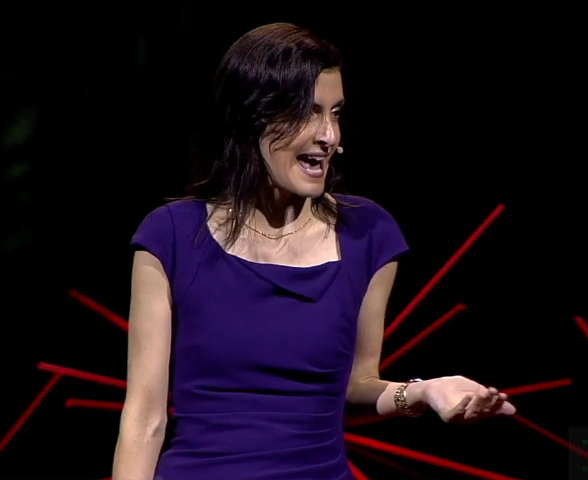Richard Jones became an important economist who later influenced Karl Marx.
理查德·琼斯成为了一名重要的经济学家,日后他影响到了卡尔·马克思。
And Whewell not only coined the term scientist, as well as the words anode, cathode and ion,
胡威立不仅创造了“科学家”这个词,还创造了“阳极”、“阴极”和“离子”,
but spearheaded international big science with his global research on the tides.
而他关于全球潮汐的研究在国际上也有着深远的影响。
In the Cambridge winter of 1812 and 1813, the four met for what they called philosophical breakfasts.
在1812年至1813年冬天的剑桥,这四个人多次参与到被称为“哲学早餐”的会面中。
They talked about science and the need for a new scientific revolution.
他们谈论科学以及一次新的科学革命的需要。
They felt science had stagnated
他们认为源于17世纪的
since the days of the scientific revolution that had happened in the 17th century.
科学革命到现在已经陷入了某种停滞。

It was time for a new revolution, which they pledged to bring about,
是时候来一场新革命了,这场革命是他们要确保发生的,
and what's so amazing about these guys is,
而最叫人吃惊的是这些人
not only did they have these grandiose undergraduate dreams,
不仅能够有这些大胆和美好的梦想,
but they actually carried them out, even beyond their wildest dreams.
而且他们真的实现了这些梦想,甚至超越了他们自己最疯狂的梦想。
And I'm going to tell you today about four major changes to science these men made.
接下来我就来简述一下这四个人对于科学界的主要贡献。
About 200 years before, Francis Bacon and then, later, Isaac Newton,
大约200年前,培根和之后的牛顿
had proposed an inductive scientific method.
总结了一套归纳总结的科学方法。
Now that's a method that starts from observations and experiments
这种方法首先基于观察或实验得到的数据,
and moves to generalizations about nature called natural laws,
然后通过将这些数据一般化来得到所谓自然法则,
which are always subject to revision or rejection should new evidence arise.
这些结论能够被新的证据所支持或推翻。











